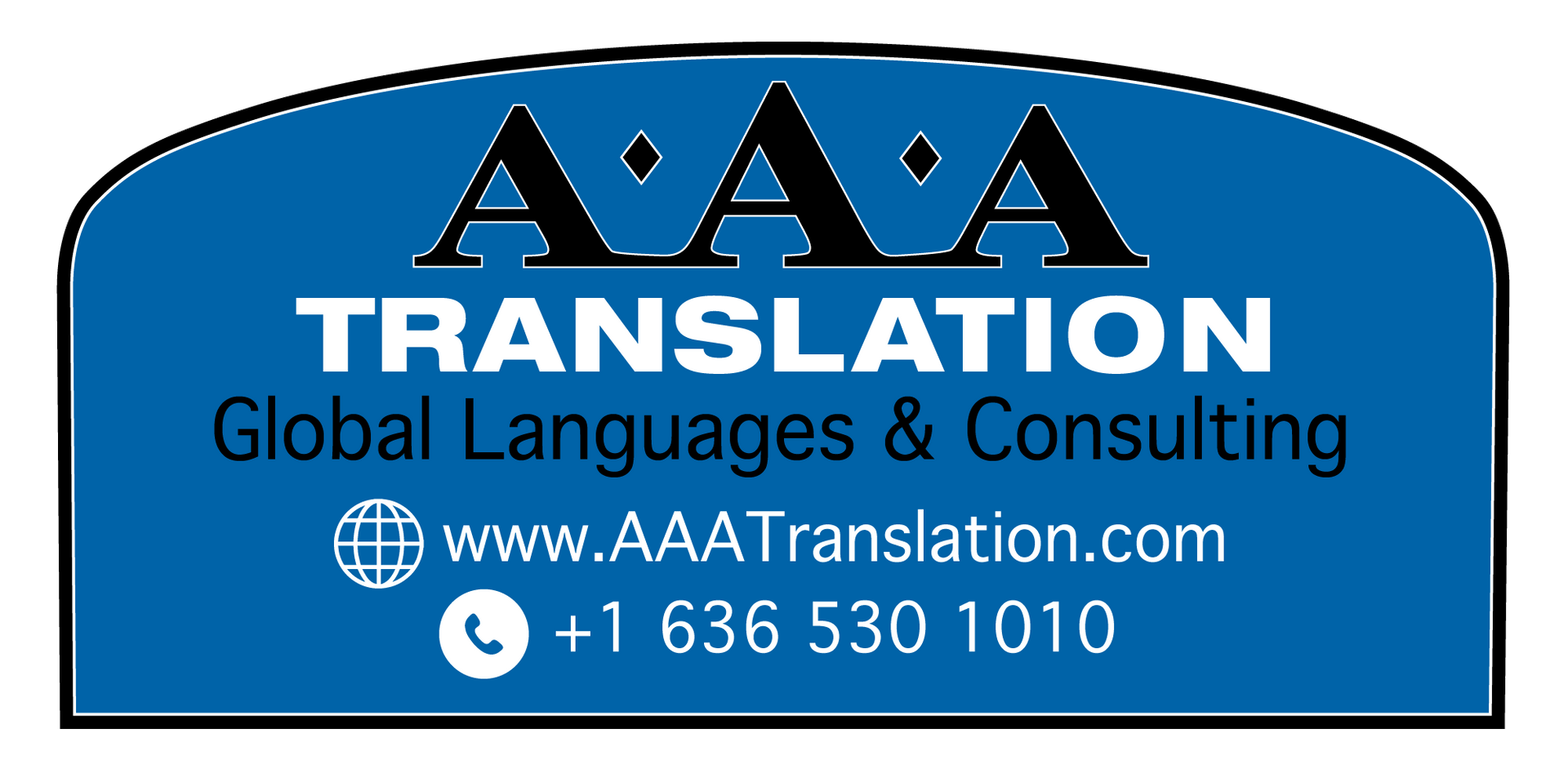Weather Translation Injustice: Language Shouldn’t Be a Life-or-Death Barrier
When disaster strikes, every second counts - and every word matters.
From hurricanes and wildfires to winter storms and heatwaves, weather emergencies demand rapid response. But for millions of people in the United States who don’t speak English fluently, life-saving weather alerts have at times been lost in translation - or never translated at all.
The National Weather Service (NWS) suspended its multilingual weather alert translations for approximately three weeks in April 2025. This pause began after the expiration of its contract with an AI-based translation provider that had been supplying translations in languages such as Spanish, Chinese, Vietnamese, French, and Samoan since late 2023. The service was reinstated by the end of April 2025, following the renewal of the contract.
The temporary halt raised significant concerns among experts and community leaders, who warned that the absence of translated alerts could endanger non-English-speaking populations during severe weather events. The reinstatement of the service was seen as a critical step toward ensuring equitable access to life-saving information for the nearly 68 million U.S. residents who speak a language other than English at home.
This “pause” in weather translation injustice was a failure to deliver timely, accurate weather warnings to Limited English Proficient (LEP) communities.
Overlooked Voices
Non-English-speaking communities are at risk when there is a lack of accessible alerts and emergency information concerning weather-related dangers, forced to rely on social media hearsay or delayed translations. When multilingual weather alerts were cut, increased costs and logistical challenges were imposed upon vulnerable communities.
Weather translation services being reinstated is a huge step forward for equity and emergency preparedness.
The Impact of Reinstating Multilingual Alerts
The return of multilingual weather alerts signals more than a policy change. It’s a public acknowledgment that language access is a matter of justice.
At this time, weather services across the U.S. are working to
- Provide real-time alerts in multiple languages, including Spanish, Chinese, Vietnamese, and more.
- Collaborate with community organizations to build trust and ensure clarity.
- Use human translators and cultural consultants instead of relying solely on AI tools.
- Distribute emergency preparedness materials that are clear, accurate, and culturally relevant.
These actions don’t just save lives; they empower entire communities to protect themselves.
What’s Next: Accountability and Action
The reinstatement of weather translation services is a major win, but the work isn’t over.
Now is the time to hold agencies accountable, invest in long-term multilingual infrastructure, and ensure
no one is left out of life-saving communication again.
Because while the storm may be the same, the risk is not equally shared unless we make it so.
Partner with AAA Translation
Translation companies like AAA Translation are part of the emergency ecosystem. Language service providers play a key role in closing the communication gap. At AAA Translation, we’re proud to support companies and agencies seeking
- Multilingual readiness tools for emergency management
- Language-inclusive protocols
- Real-time translation for evacuation orders, shelter information, and emergency updates
- Community education campaigns that build resilience before disaster hits
We believe translation is about more than words. It’s about dignity, safety, and inclusion.
Partner with us to ensure your important emergency messaging is conveyed to all accurately, securely, and professionally.
